Meet our speakers
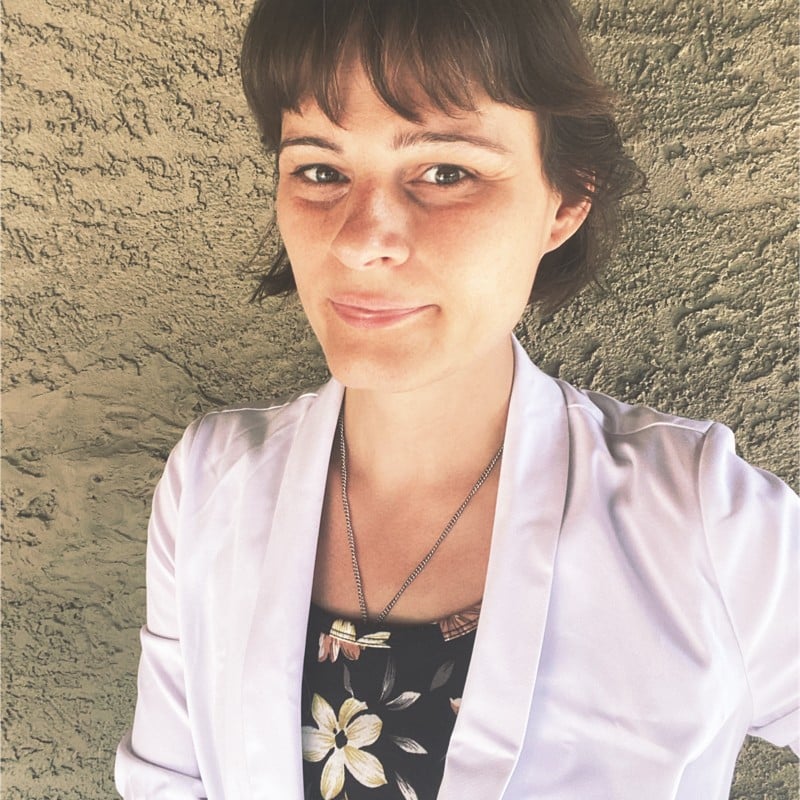
Abigail Watson is a Co-Chair of the HL7 Patient Empowerment Workgroup, has a Masters in Biomedical Informatics, and 20+ years experience in healthcare information technologies, with experience in the full lifecycle of software development. She currently works at MITRE Corporation as a Principle FHIR Software Engineer in the Open Health Solutions department.
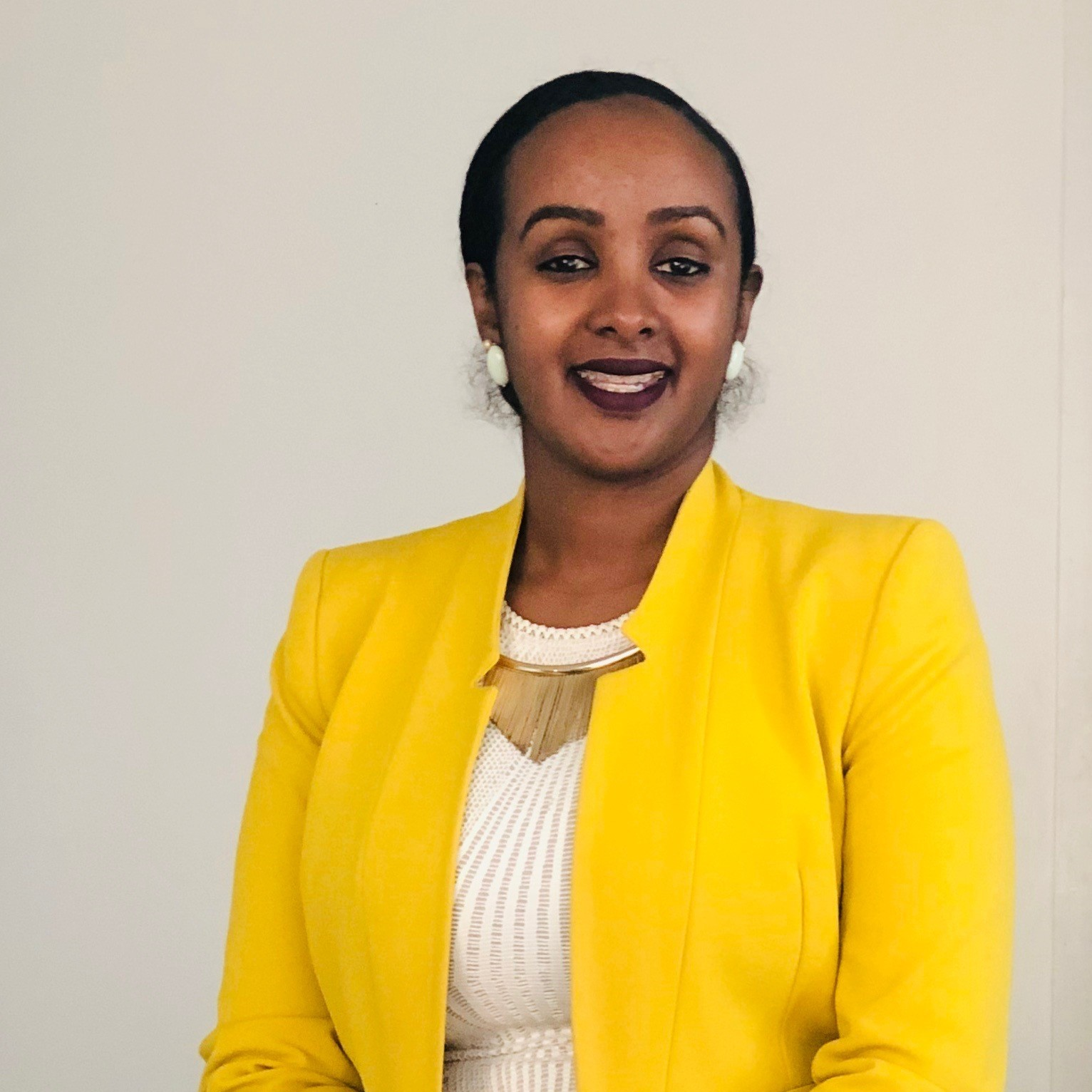

Bio coming soon

Brett Stringham is serving as co-lead on the FHIR at Scale Taskforce (FAST) Security Team - an initiative originally led by the Office of the National Coordinator for Health IT (ONC) - and now an official HL7 Accelerator.
His career includes over 28 years in the design, architecture, and implementation of Healthcare IT solutions - with emphasis on information security & privacy.
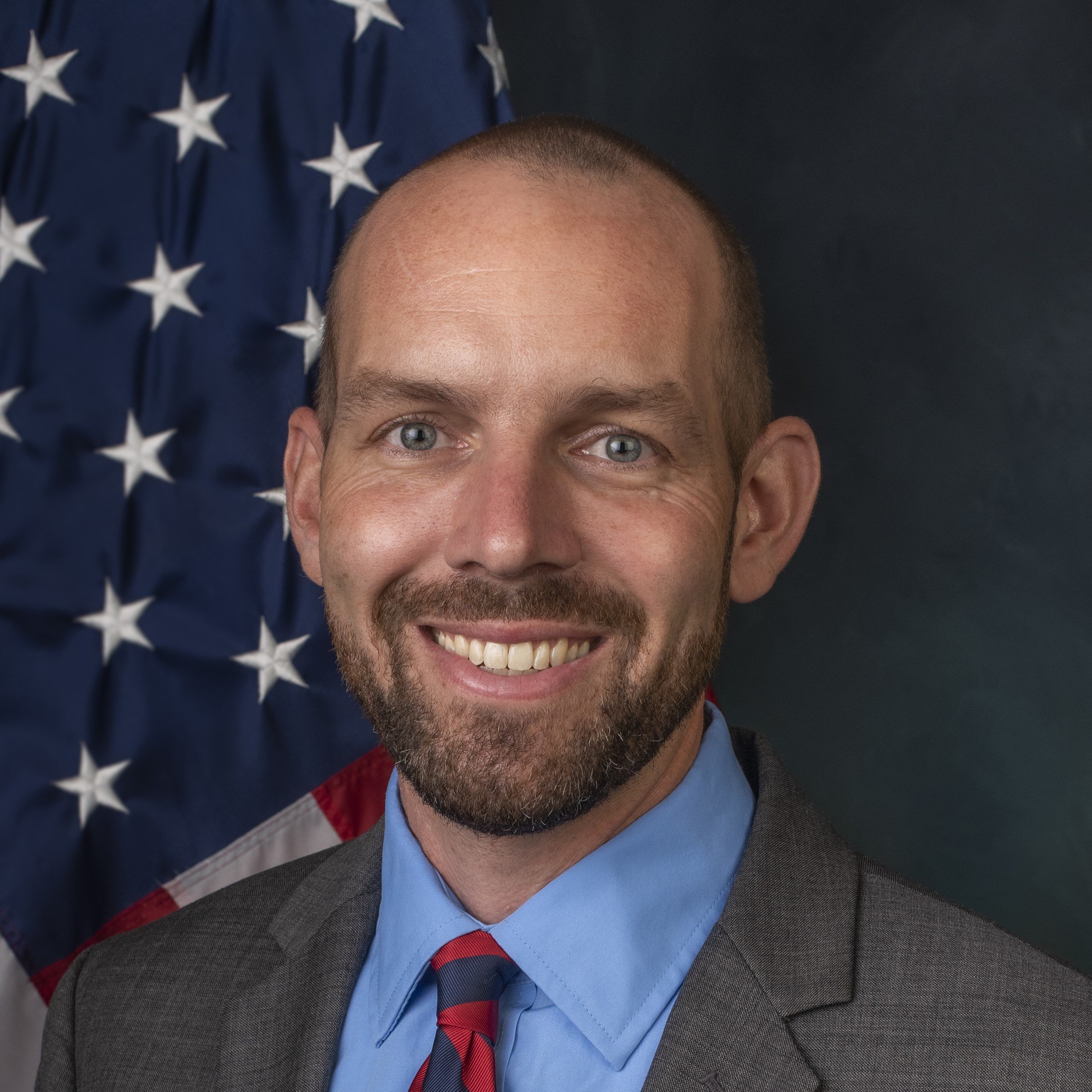
Brian earned a doctorate degree in international security from George Mason University, a master’s degree in defense and strategic studies from Missouri State University and a bachelor’s degree in political science from the University of Richmond.
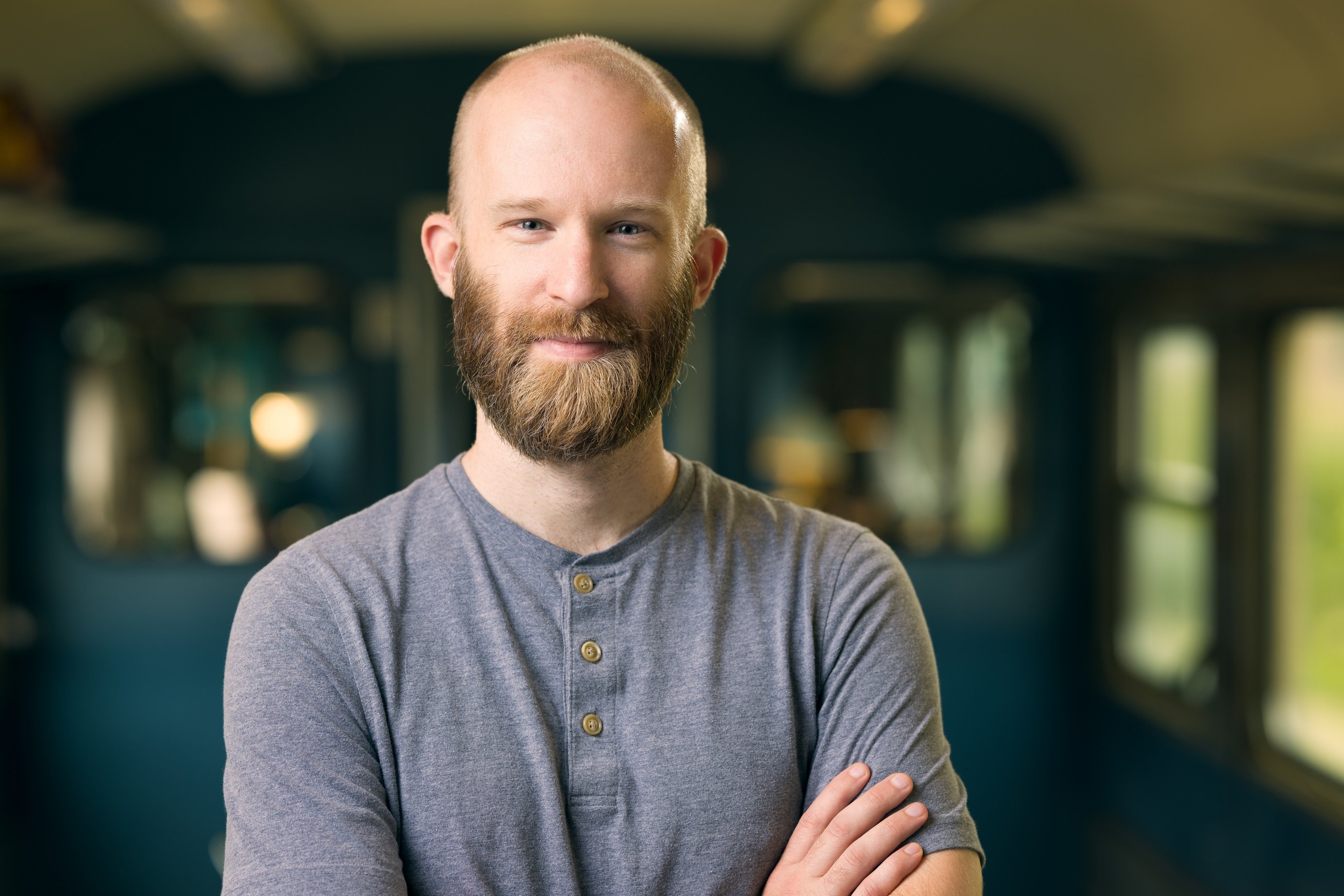
Cooper Thompson is an interoperability engineer at Epic, which creates electronic health record software that is widely used across the United States and other countries. He developed several of Epic’s FHIR APIs and has been involved in several dozen (or perhaps hundreds) of FHIR integration projects, offering support to both health systems and application developers as they design and deploy their FHIR integrations.
He is an active participant in standards development efforts, serving as a co-chair for the HL7 Patient Administration workgroup, and actively contributing to several industry projects, including many Argonaut projects such as FHIR Write, Endpoint Publishing, Bulk FHIR and others.

Dan Cinnamon is a Principal Solutions Architect with Okta, which provides industry leading identity and access management services. He has 14 years of experience in the identity industry, serving a wide variety of organizations from healthcare to financial services to manufacturing. He has been actively involved in the FHIR community over the past 3 years, participating in the development and testing of some of the newest security-related implementation guides.
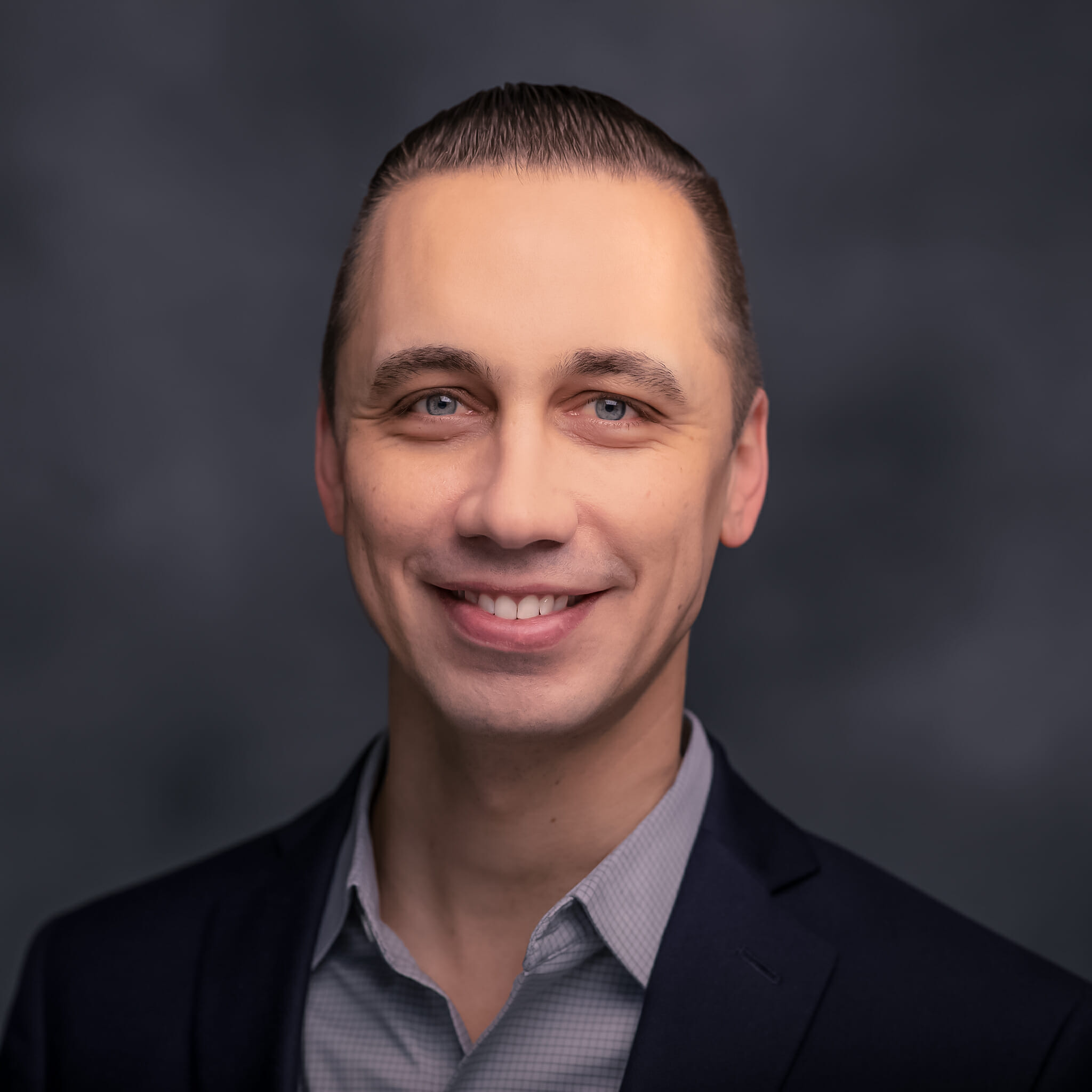
Daniel J. Vreeman serves as the Chief Standards Development Officer for HL7. Dr. Vreeman is a physical therapist, biomedical informatician, and expert in health data standards. His work aims to create a global health ecosystem where data is available with open standards that unlock the potential for information systems and applications to improve health decision-making and care. Dr. Vreeman has developed internationally adopted health data standards, implemented them in multi-institutional health IT systems, evaluated their use, and provided strategic advice to interoperability initiatives of numerous U.S. federal agencies and national eHealth efforts in other countries.
Dr. Vreeman previously served as Senior Clinical Data Standards Lead at RTI International where he led the development and evaluation of interoperability projects. From 2006 to 2019, Dr. Vreeman was the Director of LOINC and Health Data Standards with the Regenstrief Institute, Inc. and the inaugural Regenstrief–McDonald Scholar in Data Standards at the Indiana University School of Medicine. In those roles, he led the development of LOINC, an open vocabulary standard for health measurements, observations and documents that is now used in more than 185 countries.
Dr. Vreeman has served as principal investigator on 30 externally funded projects totaling approximately $23 million. He has led productive collaborations with international organizations, federal agencies, academic institutions, professional associations, and industry leaders. Dr. Vreeman is a skilled communicator who has written 40 scientific papers, a book, 2 book chapters, numerous technical documents, and has delivered over 275 presentations worldwide on health data standards, interoperability, and health informatics topics.

Danielle Friend is the director of integrations and software development lead at Epic. In her ten years at the company, Danielle’s leadership of Epic’s secure FHIR API platform has simplified the way in which app developers and the Epic customer community connect. Her work as a member of the Da Vinci Operating Committee and US Realm Steering Committee seeks to advance standards-based data exchange industry wide.
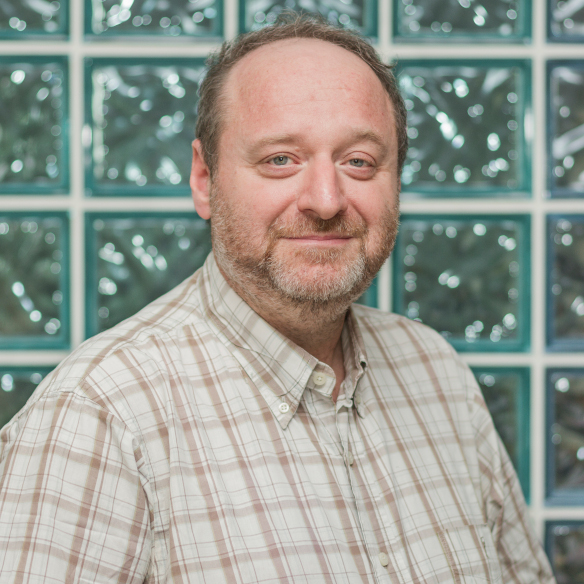
Diego Kaminker is a globally recognized interoperability expert and implementer in the field of healthcare information technology. He is the founder and owner of Kern IT with specialties in integration, software development and project management. Kaminker has been a member of the HL7 community for twenty years and has served multiple terms as the chair of HL7 Argentina as well as an affiliate director of the HL7 International board of directors. He has defined, implemented and maintained hundreds of HL7 interoperability projects throughout the course of his career. As a prominent HL7 educator, he has led hundreds of training courses and created the self-paced online HL7 Fundamentals Course, which has attracted over 6,000 students worldwide. He is also a founding member of HL7 Argentina and the HL7 FHIR Foundation and has participated in the Argentina National Digital Health Network and has served as a guest faculty member at Columbia University in the United States.

Eric Heflin is a lecturer in the Department of Information, Risk, and Operations Management at The University of Texas at Austin’s McCombs School of Business. He teaches MIS 373, Technical Dimensions of Cybersecurity.
Heflin is an industry professional with a focus on cybersecurity and national-scale health care data information exchange.
As the co-founder, chief technology officer (CTO), and chief information security officer (CISO) of eHealth Exchange, Heflin oversaw the growth and security of the largest health information exchange (HIE) network in the U.S. He also architected HIETexas, the official HIE of the State of Texas, for which he was the CTO and CISO.
He is an active software engineer, architect, entrepreneur, and biomedical device inventor. Heflin is a current member of the board of directors of IHE USA, an industry standards development organization, and a former board member of IHE International.
Heflin provides health care data and cybersecurity consulting services (directly or as a subcontractor) to the U.S. Food and Drug Administration, the Veterans Health Administration, the Department of Defense, Oracle Cerner, IBM, and others.
Heflin has a B.S. degree in computer science from Texas A&M University. He expects to complete a master’s degree in cybersecurity from Harvard University in December 2023. He is a certified information systems security professional and a certified product manager.

Grahame is the FHIR Product Director at HL7 and he is the inventor of FHIR. He travels around the world giving lectures, guiding connectathons and advising governments, vendors and care providers about all aspects of interoperability. He was on the list of 15 Health IT Standards and Interoperability Rockstars to Know.
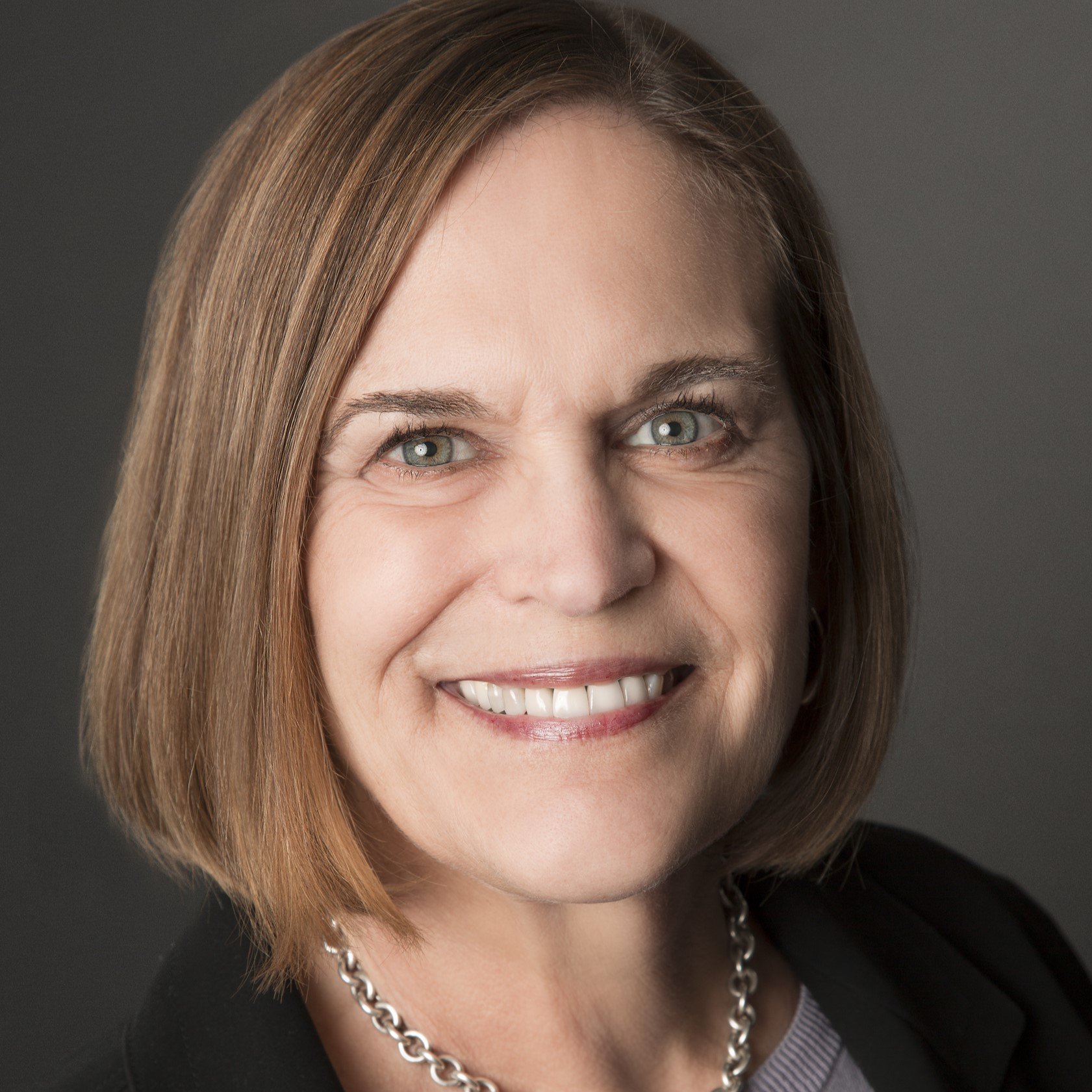
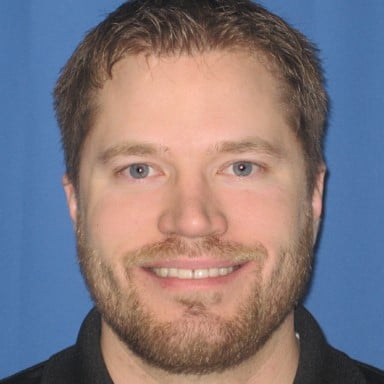


Principal Architect specializing in Health Informatics Standards Architecture in Interoperability, Security, and Privacy. Primarily involved in the development and promulgation of international standards efforts since 1999. Co-chair of the HL7 Security Workgroup, appointed member of the FHIR Management Group, and part of the core FHIR editors and facilitators. Co-chair of the IHE ITI Planning Committee. Active member in the USA National initiatives to create a Nationwide Healthcare Information Network for both the Exchange architecture and the Direct Project, at the regional level with Wisconsin HIE (WISHIN), and various other country, state, and region HIE. Participates in standards development in FHIR, HL7, DICOM, ISO, ASTM, IHE, OASIS, W3C, and IETF.
Organized the creation of a Security framework and procedure for GE Healthcare in 2002, re-working in 2012 using Privacy-By-Design, NIST security frameworks, and Risk Management. Industry recognized expert in security architecture including: user authentication, access controls, audit controls, digital signatures, digital certificates, de-identification, pseudonymization, federated identity, message encryption, and transport encryption. Graduated from the Milwaukee School of Engineering University with a Bachelors of Science in Computer Science and Engineering. Holds patents in the identity and workflow space. Internationally read blog Healthcare Security/Privacy
at http://healthcaresecprivacy.blogspot.com/
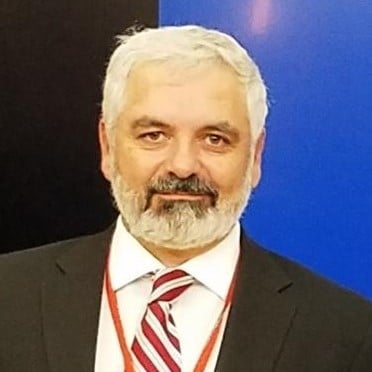
Johnathan Coleman is the Principal Consultant for Security Risk Solutions Inc. and currently serves as the Chief Information Security Officer (CISO) for the TEFCA Recognized Coordinating Entity (RCE) at the Sequoia Project. He worked as contractor helping coordinate the ONC Standards and Interoperability (S&I) Framework and led several projects including the Data Segmentation for Privacy (DS4P) and Social Determinants of Health (SDOH) Data Tagging projects.
Johnathan is a graduate of the Royal Military Academy Sandhurst in UK, has a BEng in Aeromechanical Systems Engineering, maintains professional security certifications including CISSP, CISM and CRISC, and co-chairs the Community Based Care and Privacy workgroup at Health Level 7 (HL7) International.

Josh Mandel is chief architect with Microsoft. As a physician and software engineer, he is passionate about improving healthcare with technology. Josh got involved in the FHIR project in 2013 when the Harvard SMART Health IT project aligned itself with FHIR and created SMART on FHIR. He is the spokesman around the globe for SMART on FHIR.
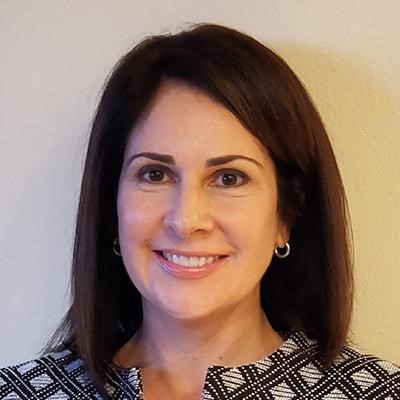
Julie Maas, Founder and CEO, has a background in product development in both enterprise and consumer settings. Her previous roles include managing various stages of software development at MicroStrategy, NBC Internet, and Yahoo!.
She holds bachelor's and master's degrees in Electrical Engineering and Computer Science from MIT, as well as an MBA from UC Berkeley. Julie is a member of the DirectTrust Board of Directors.
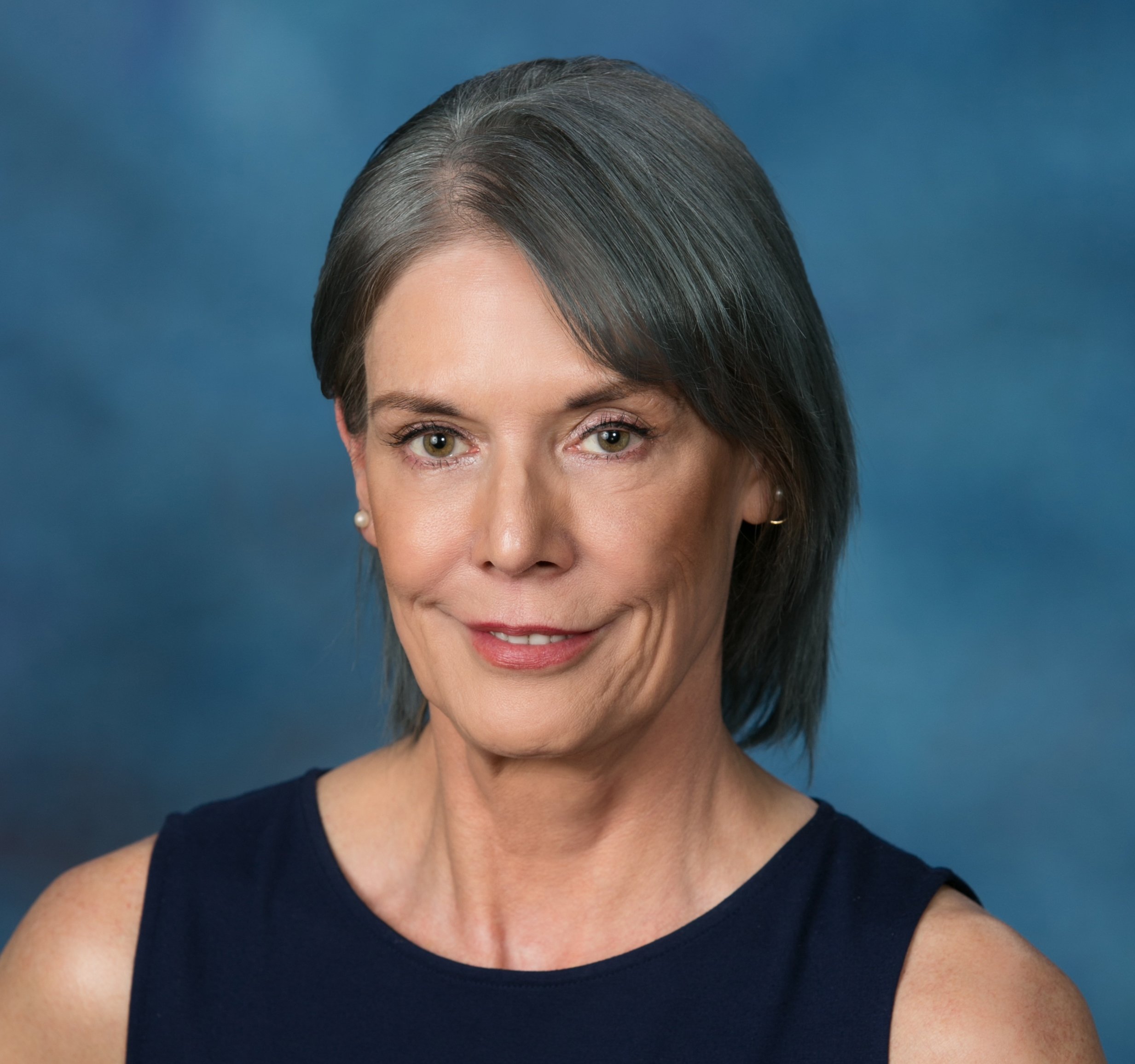
Kathleen Connor is a co-chair of Health Level 7 (HL7) Security Work Group and an HL7 Fellow. She has led or contributed to the development, balloting, and reconciliation of multiple HL7 Privacy, Security, and Financial Management standards, including the FHIR Data Segmentation for Privacy (DS4P) Implementation Guide, and contributed to policy and regulatory comments for the HL7 Executive Committee. Kathleen currently works for the MITRE Corporation after many years consulting for federal health and state Medicaid agencies.
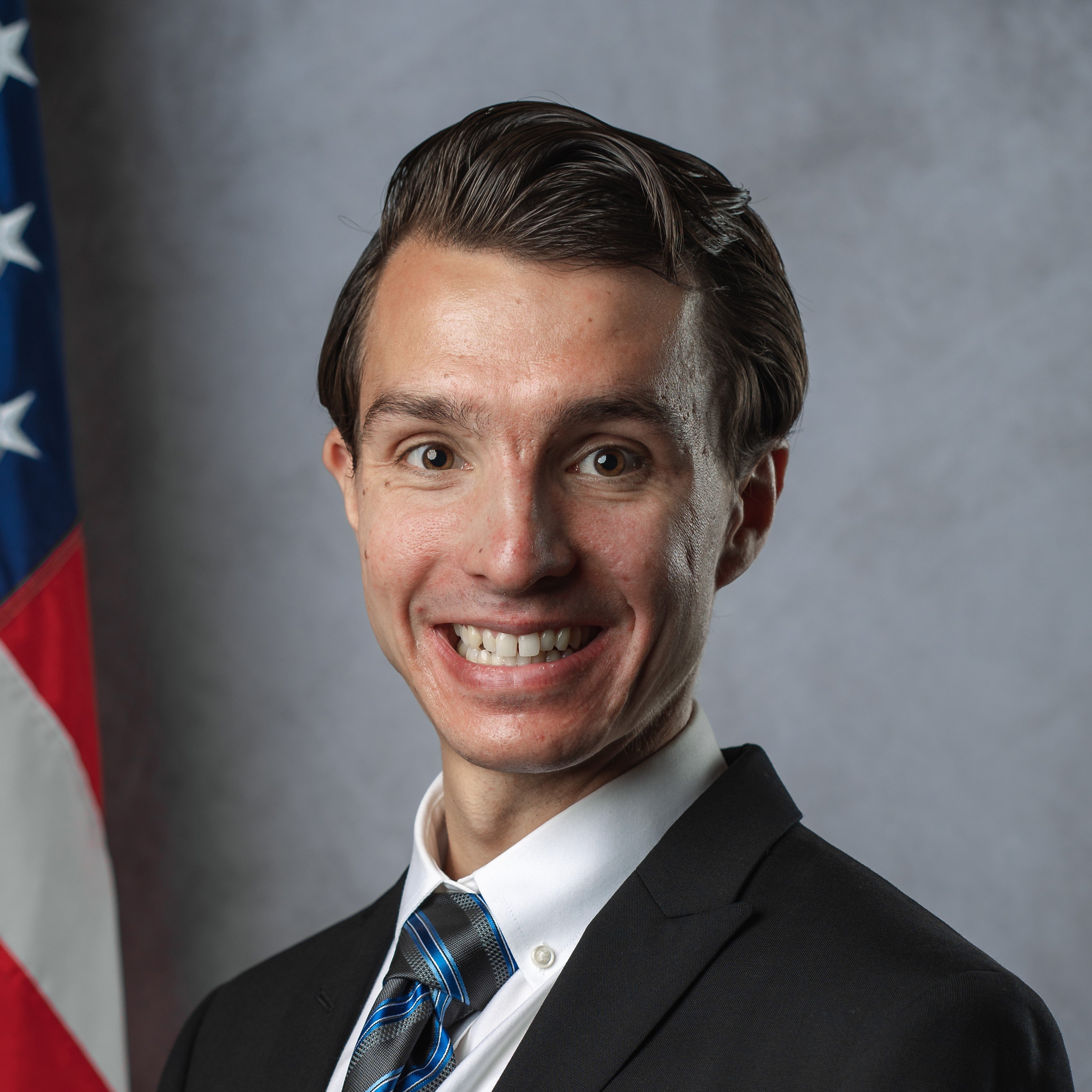
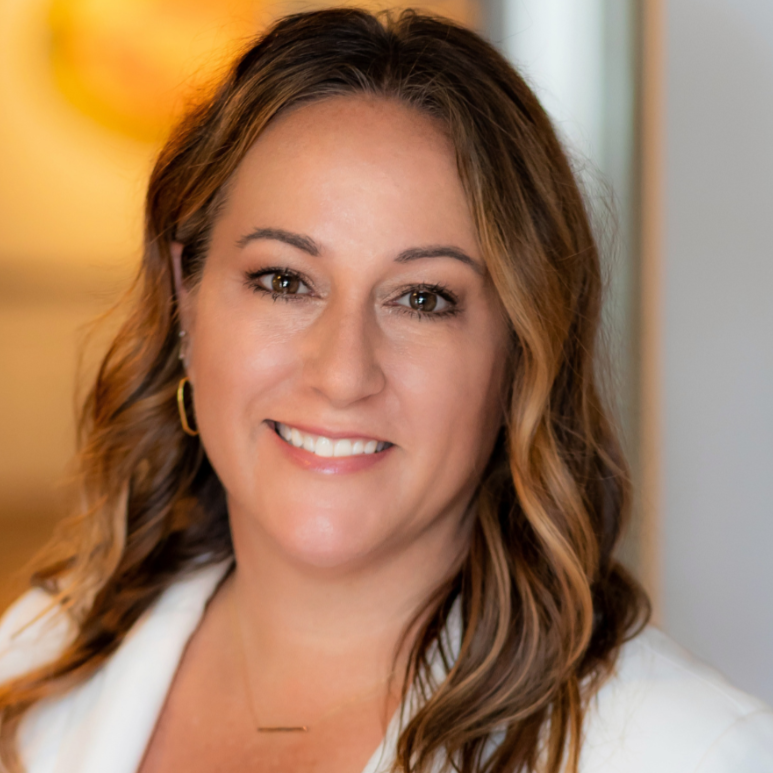
Kristen is a seasoned healthcare executive with over 20 years in the industry. Prior to founding b.well, Kristen was a Vice President at United Healthcare running Medicare Advantage plans across 12 states. Kristen started her healthcare career working with CMS on the first national payment integrity programs for Medicare and Medicaid. Kristen then helped to build XLHealth, one of the pioneering Medicare Advantage Plans for the chronically ill. She was responsible for maintaining and growing the profitability of the plan and was instrumental in the acquisition by United Healthcare in late 2012 for $2.4B.
Mrs. Valdes has been recognized as one of four "Women Transforming Industries," by Accenture and Springboard Enterprises, is a 40 Under 40 Top Named Healthcare Innovator and b.well Connected Health has won various competitions and awards including being named Top Innovator by Accenture in their Global Health Tech Innovation Challenge. Her dedication to consumer directed health exchange is reflected in her active involvement as a board member of the CARIN Alliance working to liberate data on behalf of consumers. Kristen also serves on several other healthcare boards, advisory boards and serves as an advisor to Springboard and Guidewell women led companies.

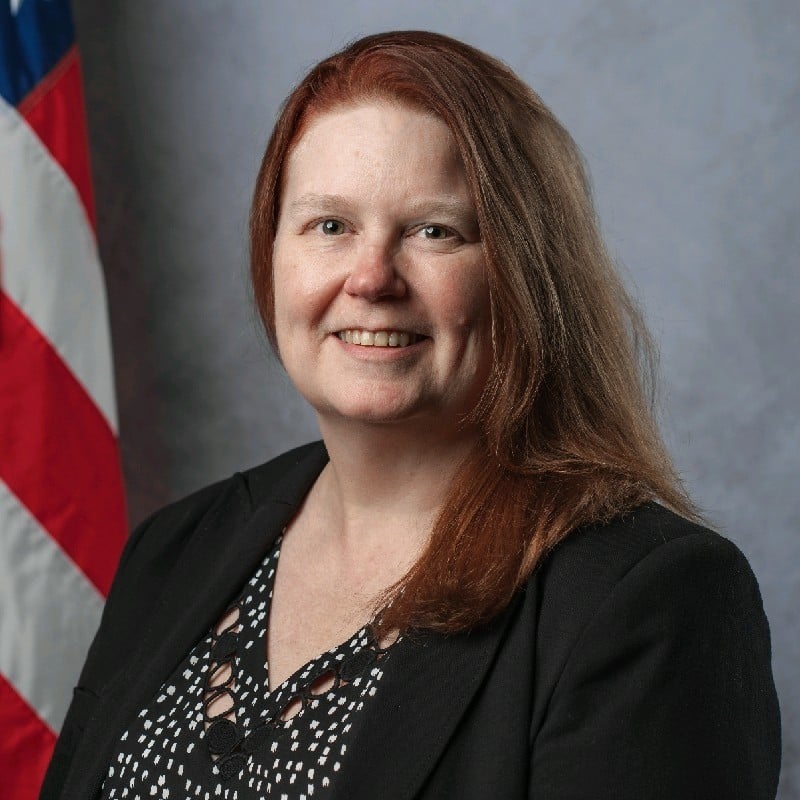
bio coming soon
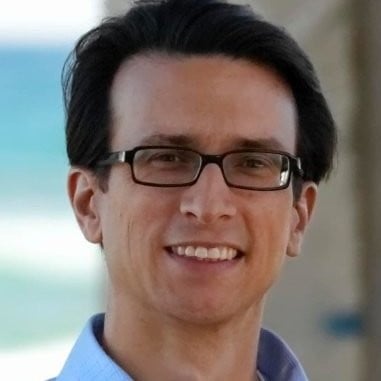
Luis Maas, CTO, is actively involved in standards development within the Direct Project, OpenID Foundation and HL7. He is also a board certified Radiologist. He has been issued several patents for his work in quantitative analysis methodologies.
He holds bachelor's and master's degrees in Electrical Engineering and Computer Science from MIT, an MD from Harvard, and a PhD in Medical Engineering from the Harvard-MIT division of Health Sciences and Technology. Luis is the chairman of the DirectTrust Security and Trust Compliance Work Group.
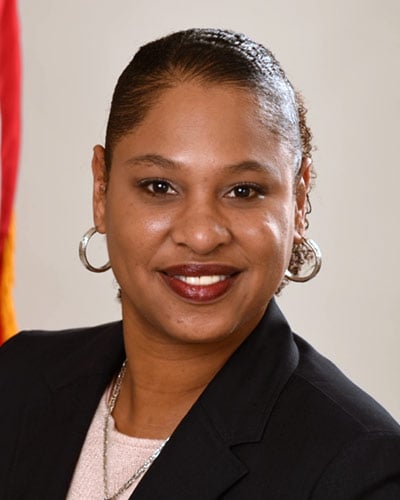
As the ONC CIO, Ms. Mikki Smith applies her cybersecurity and Health IT expertise to all of
ONC and leads the Cybersecurity and Enterprise Architecture Division. She is responsible for developing the overall vision for ONC’s enterprise wide cyber and IT roadmaps, ensuring the implementation of a true lifecycle approach, while maintaining the adaptability needed for ONC to securely meet its mission of enabling health and care through access, exchange, and use of data.
Mikki joined the joined the ONC organization in 2015, as the Security Branch Chief with Health and Human Services (HHS), Office of the National Coordinator (ONC), Office of the Chief Privacy Officer (OCPO). In that role she assists the Chief Privacy Officer (CPO) and the Security Branch develop and coordinate privacy, security, and data stewardship policy across the federal government, state and regional agencies, and foreign countries by providing subject matter expertise and technical support.
Mikki brings to ONC a wide breadth of Cybersecurity experience from multiple Federal and private sector roles spanning 15+ years of IT, Cybersecurity and Security Program acumen. She is considered an industry leader and expert in the area of information system security policies and
procedures, applications and network security architectures, DoD and Management & Budget (OMB) and Federal IA and Security requirements.
Mikki Smith has served as a Cyber Security leader for agencies such as Federal Emergency Management Agency (FEMA), Defense Health Agency (DHA) and the Department of the Interior (DOI). She has led large, complex, multi-disciplined and multi-geographical cybersecurity teams and programs within the private sector and government space.
A Certified Information Systems Security Professional (CISSP), Project Management Professional (PMP) and Certification and Accreditation Professional (CAP) she has been recognized and presented with awards for her leadership and technical expertise.
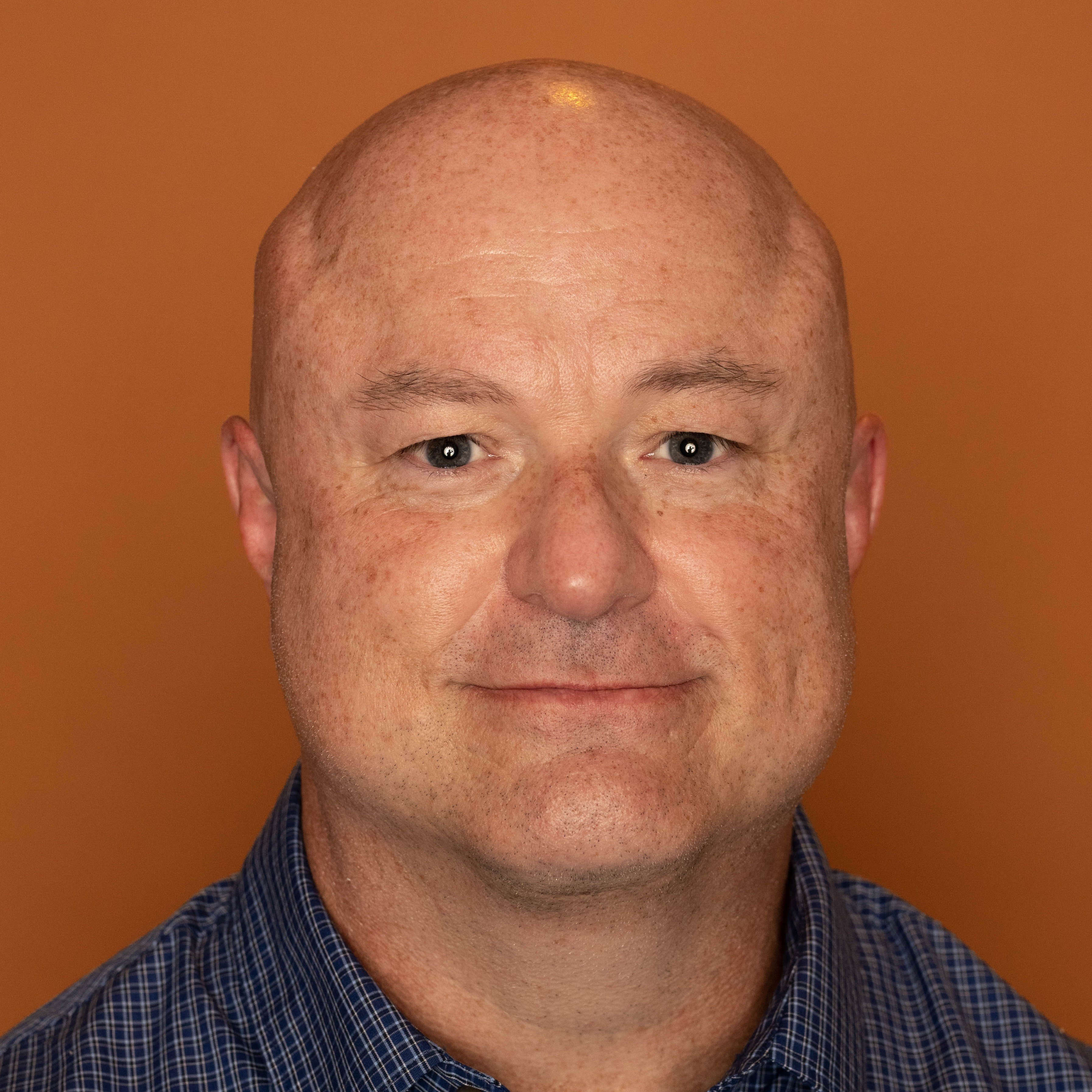
Matt Blackmon is the Testing Programs Engineer for The Sequoia Project. He is a FHIR Foundation Founder as well as one of the first to be HL7 FHIR Proficient certified.
Matt is the past chair of the HL7 Education Advisory Council and has developed multiple courses for HL7. He is also active in IHE in several domains as an SME and regularly serves as a Monitor for the US and International Connectathons. Matt also holds adjunct appointments at several universities.

As CTO, Matt is responsible for advising on and implementing technology across the company for delivering services and products to clients in a cost-effective manner.
Prior to GigaTECH, he served as CTO for a commercial startup as the chief architect of a microservice-based cloud platform employing advanced continuous delivery techniques.
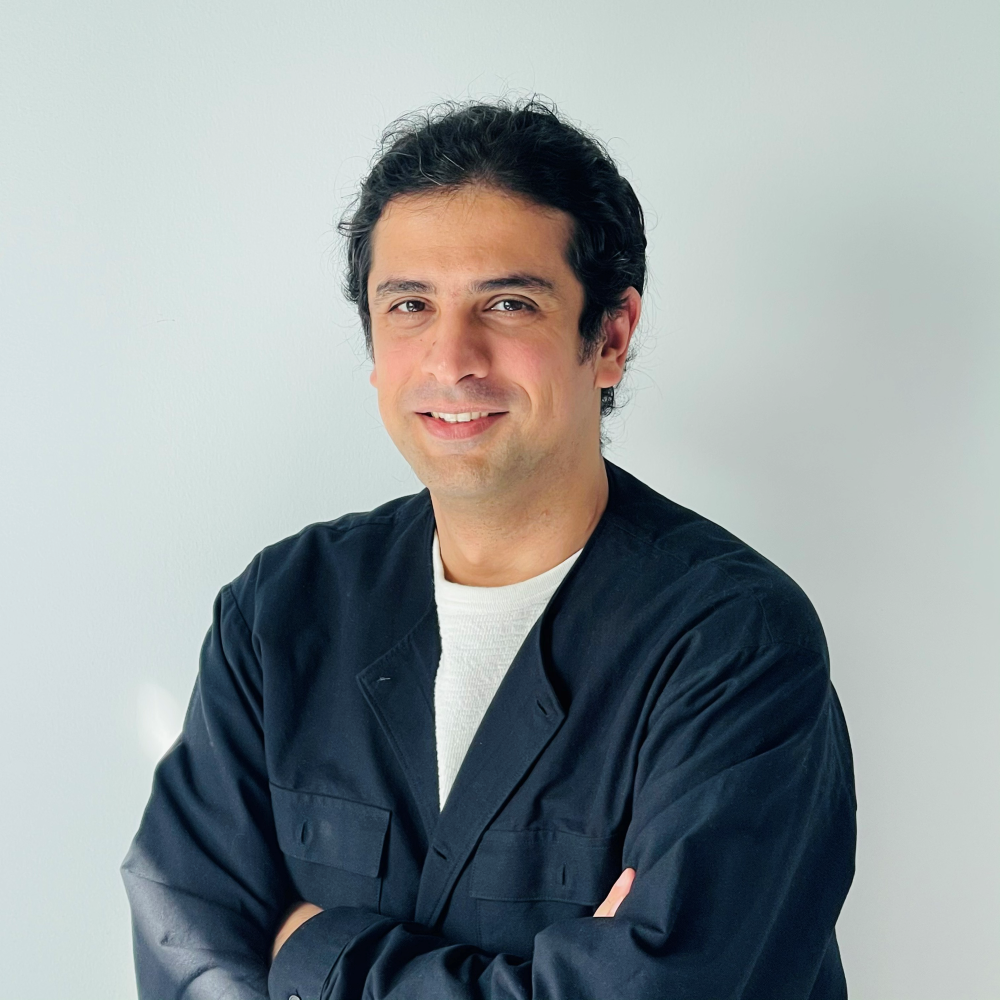
Mohammad Jafari, PhD., is an independent subject-matter expert in security, privacy, interoperability, and consent. He is a decade-long member of the HL7 Security work group, as well the co-chair of the Community-Based Care and Privacy (CBCP) and the Human and Social Services (HSS) workgroups.
He is the co-author and technical facilitator of the FHIR Data Segmentation for Privacy (DS4P) Implementation Guide. He has also served as the Principal Investigator and Project Director of the ONC LEAP project on Advanced Scalable FHIR Consent APIs.
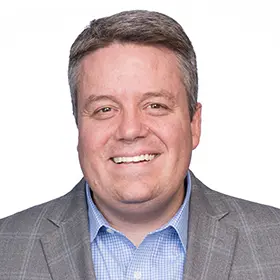
Ryan Howells is a Principal at Leavitt Partners based out of the Washington, D.C. office. Ryan has worked with the White House, Congress, HHS, and VHA on health care policy and interoperability issues. He currently helps lead the CARIN Alliance, a multi-sector, public-private alliance focused on giving consumers digital access to their health information. Ryan is a member of the CMS Medicaid Information Technology Architecture (MITA) Governance Board, Carequality Steering Committee, ONC’s FAST Identity Tiger Team, Technology Association of Georgia’s Digital Health Board, and the COVID-19 Health Care Coalition. He also serves as board observer for multiple health care companies. Before joining Leavitt Partners, Ryan was the General Manager for the government business unit of a private-exchange software vendor where he oversaw the implementation of software in three different state-based marketplaces. He managed a multi-million-dollar P&L, and was involved in the company’s IPO in late 2014. Earlier in his career, Ryan led the government operations division for iHealth Technologies (now Verscend Technologies) and served as an Account Executive for numerous regional and national health plans.
Ryan received his master’s in health administration from the University of Southern California, where he was a Dean’s Merit Scholar. He also holds a bachelor’s degree in English from Brigham Young University and is a Project Management Professional (PMP). He and his wife Alison live with their five children in Atlanta.
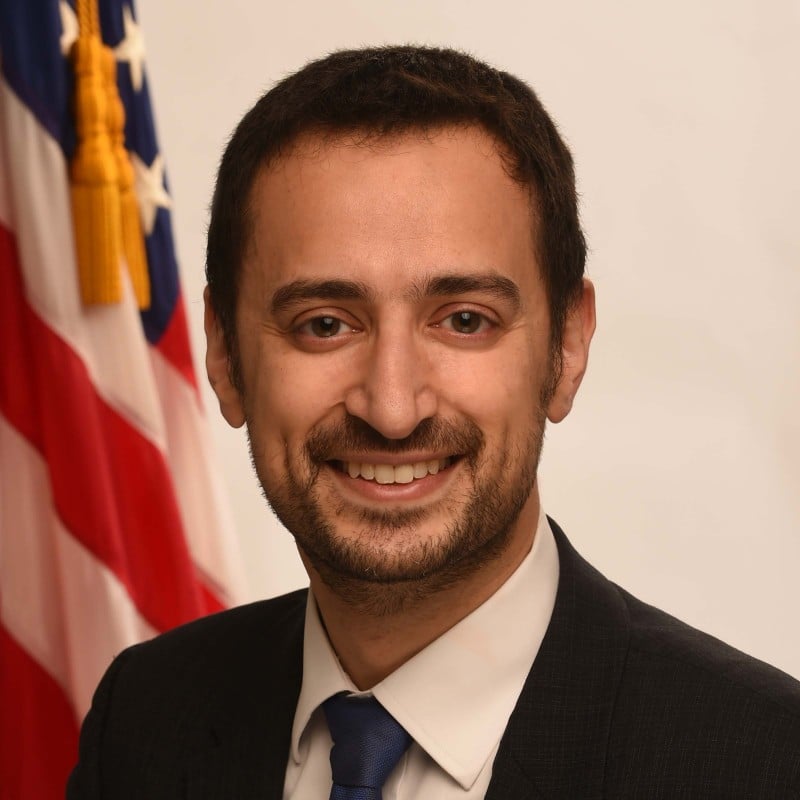
Dr. Mohiuddin is a Counselor to the U.S. Department of Health and Human Services Deputy Secretary Andrea Palm. In this role Syed oversees the Department's artificial intelligence and cybersecurity-related efforts. He also co-led the development of the Department’s internal Data Strategy. Within cybersecurity, Syed led the development of HHS’s cybersecurity strategy, first understanding the current cybersecurity landscape in healthcare, then partnering across government and with industry to develop HHS’s formal policy perspective on cybersecurity.
Syed also previously led the Department’s efforts on future pandemic preparedness and has supported efforts on long-term resettlement of Afghan refugees, strategic acquisitions and contracting, and more.
Prior to joining HHS, Syed was an Associate Partner in the Healthcare and Public Sector practices at McKinsey and Company. There he led major initiatives across several states and federal agencies designed to improve quality, access, and affordability in healthcare. He was also among McKinsey’s leaders directly supporting states and federal agencies during the height of the COVID-19 pandemic.
Syed completed his residency in internal medicine from the Detroit Medical Center’s Sinai-Grace Hospital. He received his medical degree from Michigan State University, Master’s from Boston University, and Bachelor’s from the University of Michigan.
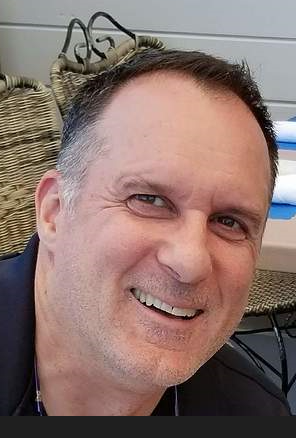
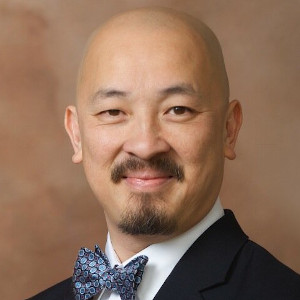
Viet Nguyen, M.D., is an internist, pediatrician and clinical informaticist who has held leadership roles such as chief medical officer and chief medical information officer at Leidos Corporation, Lockheed-Martin and Systems Made Simple. He will lead the standards implementation division alongside Diego Kaminker. Dr. Nguyen served as the chief pediatric resident at University of Cincinnati and Cincinnati Children’s and completed an informatics fellowship at the University of Utah. Most recently, he founded Stratametrics, LLC, an informatics consulting firm at which he works with numerous commercial and federal clients. Dr. Nguyen has been active in HL7 for approximately 20 years and has nearly two decades of experience in health information technology focused on interoperability standards and product development. He has been a consultant to government and commercial organizations in developing interoperable workflows and technologies. He has served as the technical director for the HL7 Da Vinci FHIR Accelerator. In addition, Dr. Nguyen is a nationally recognized FHIR educator and an HL7 Board Member.
.png?width=125&height=74&name=HL7_International_tucked-inR(1).png)